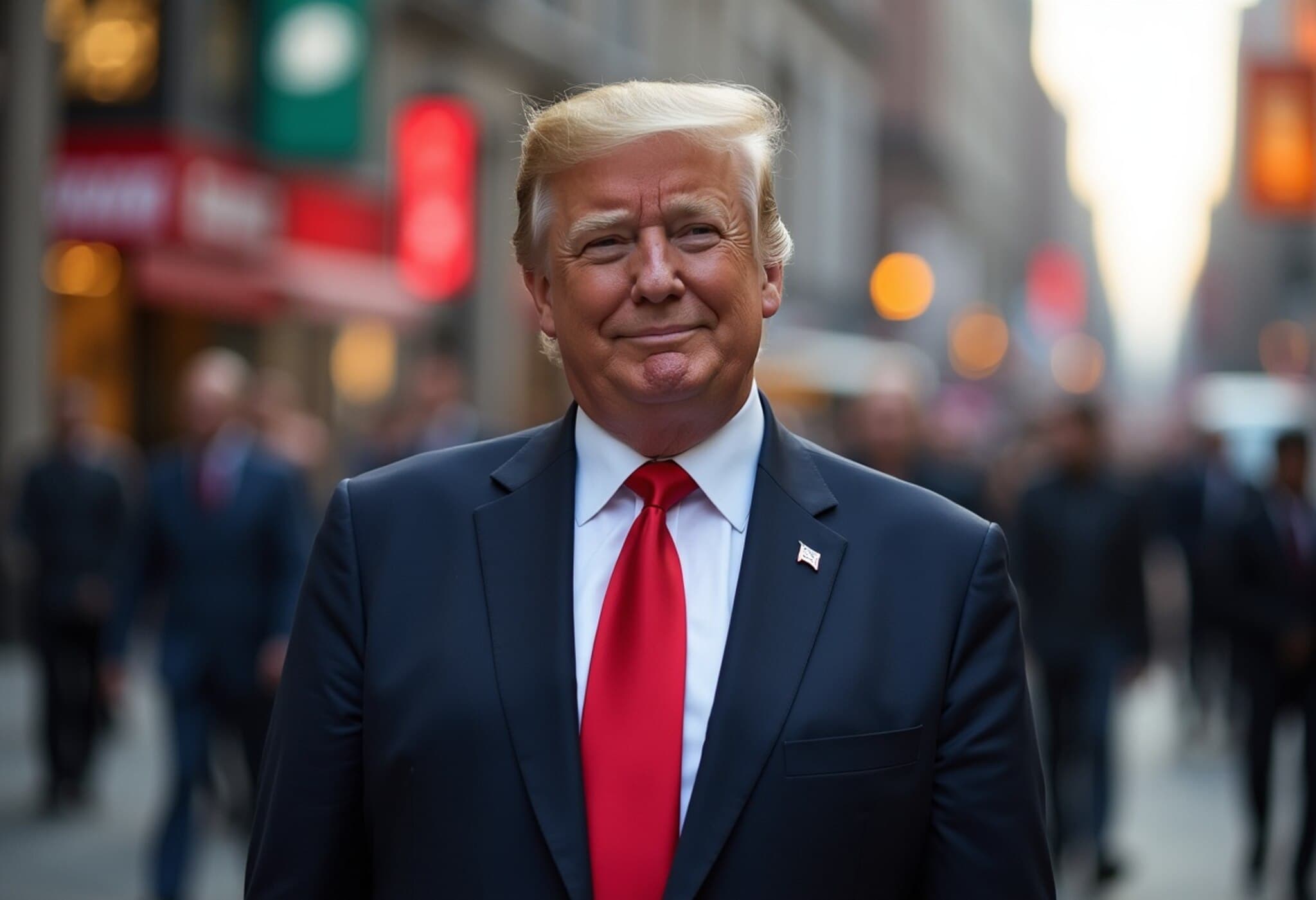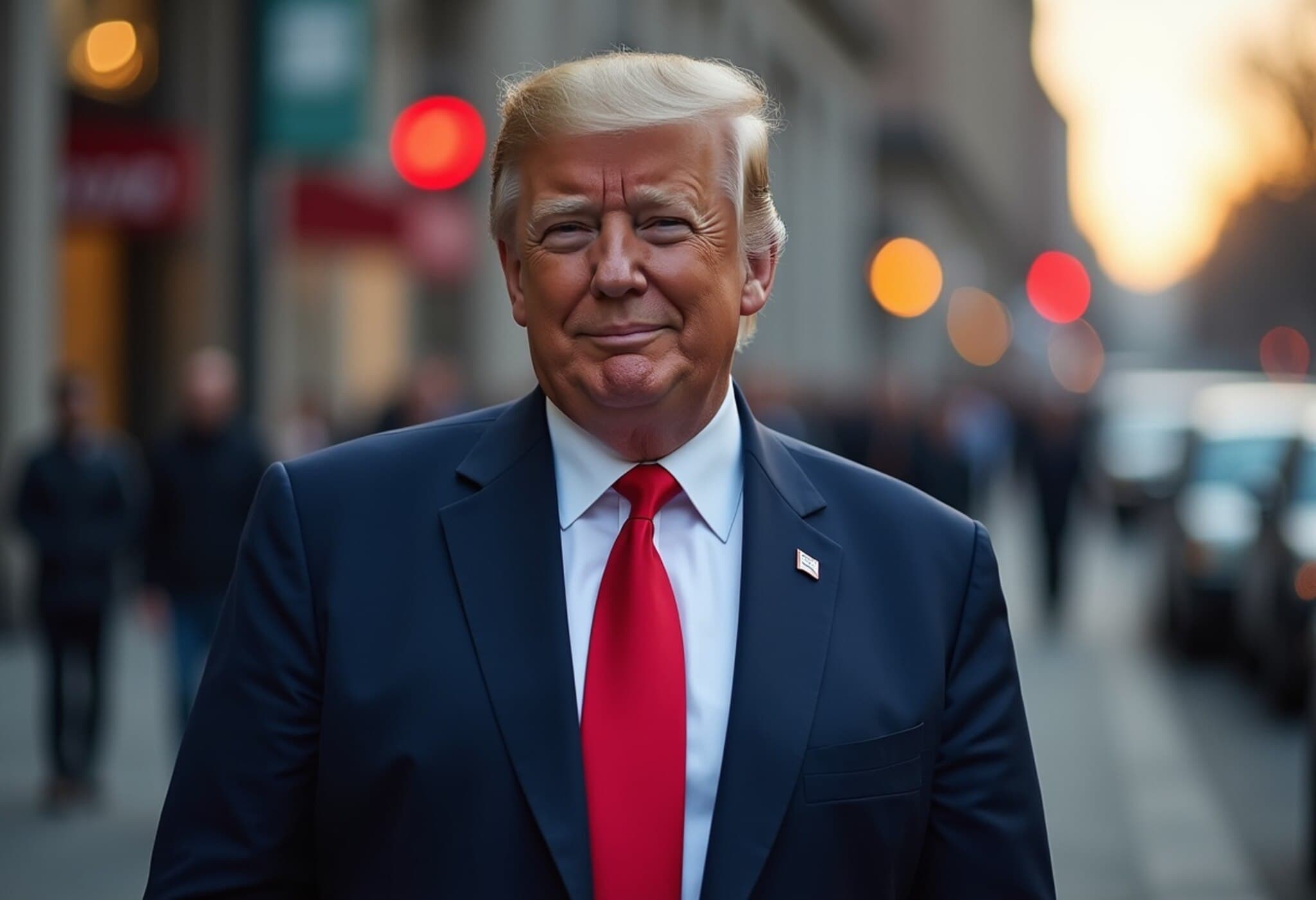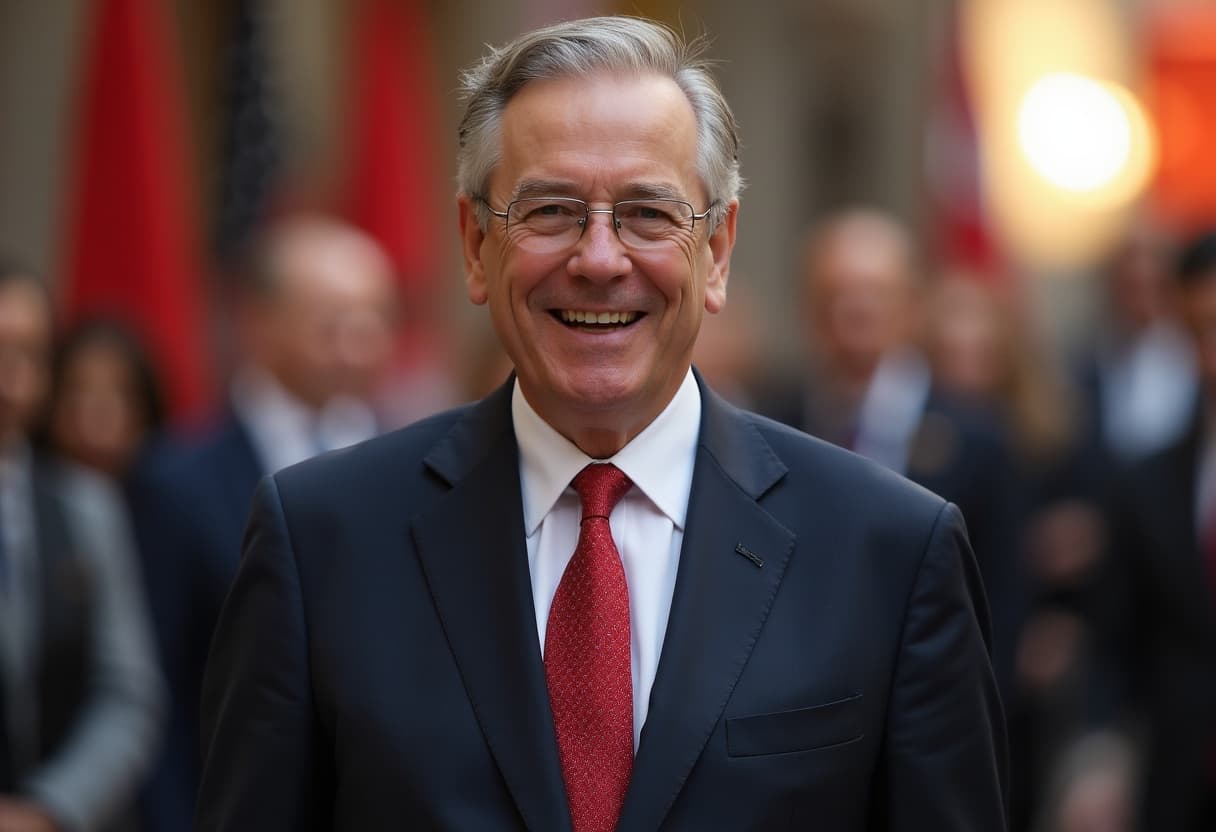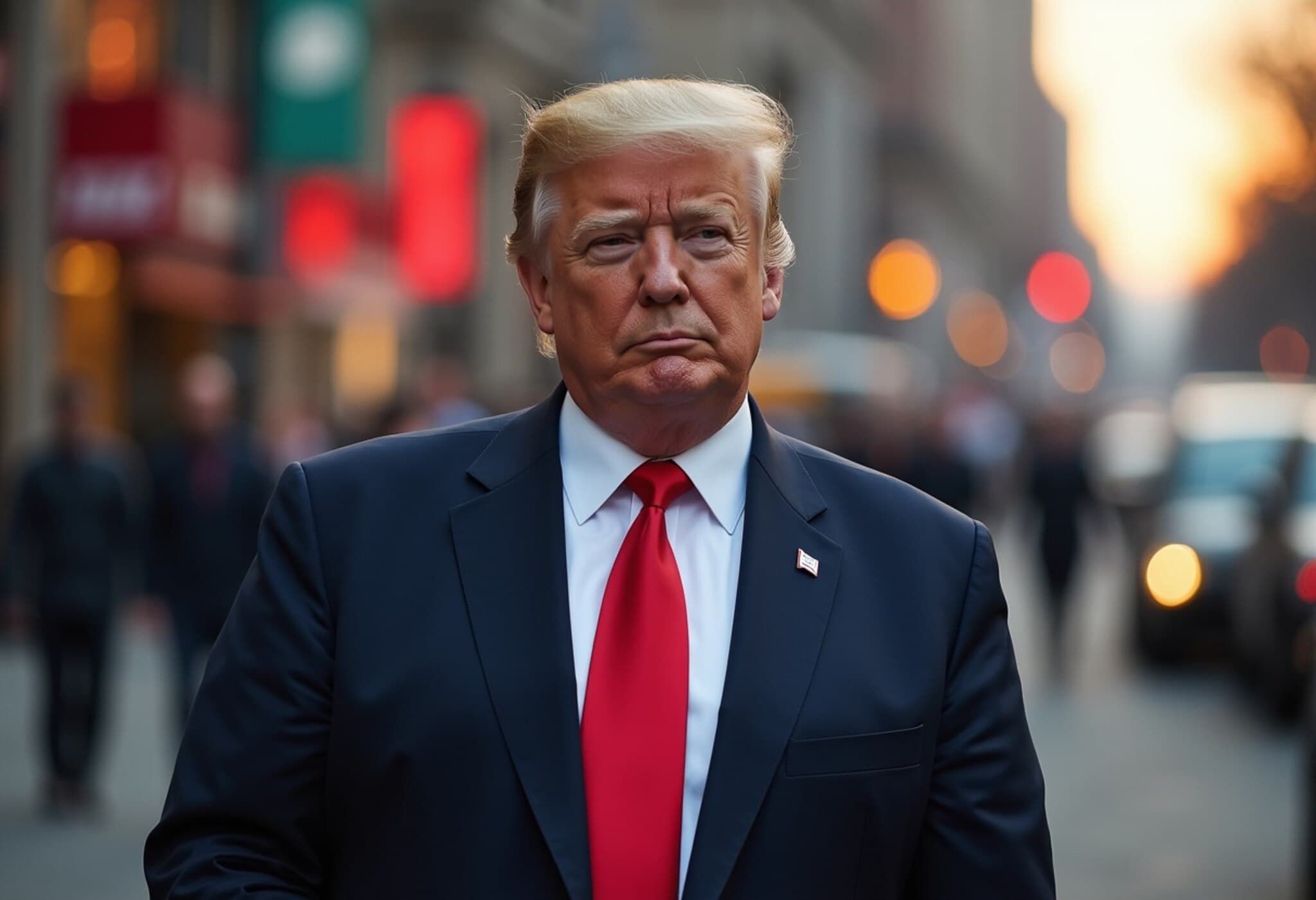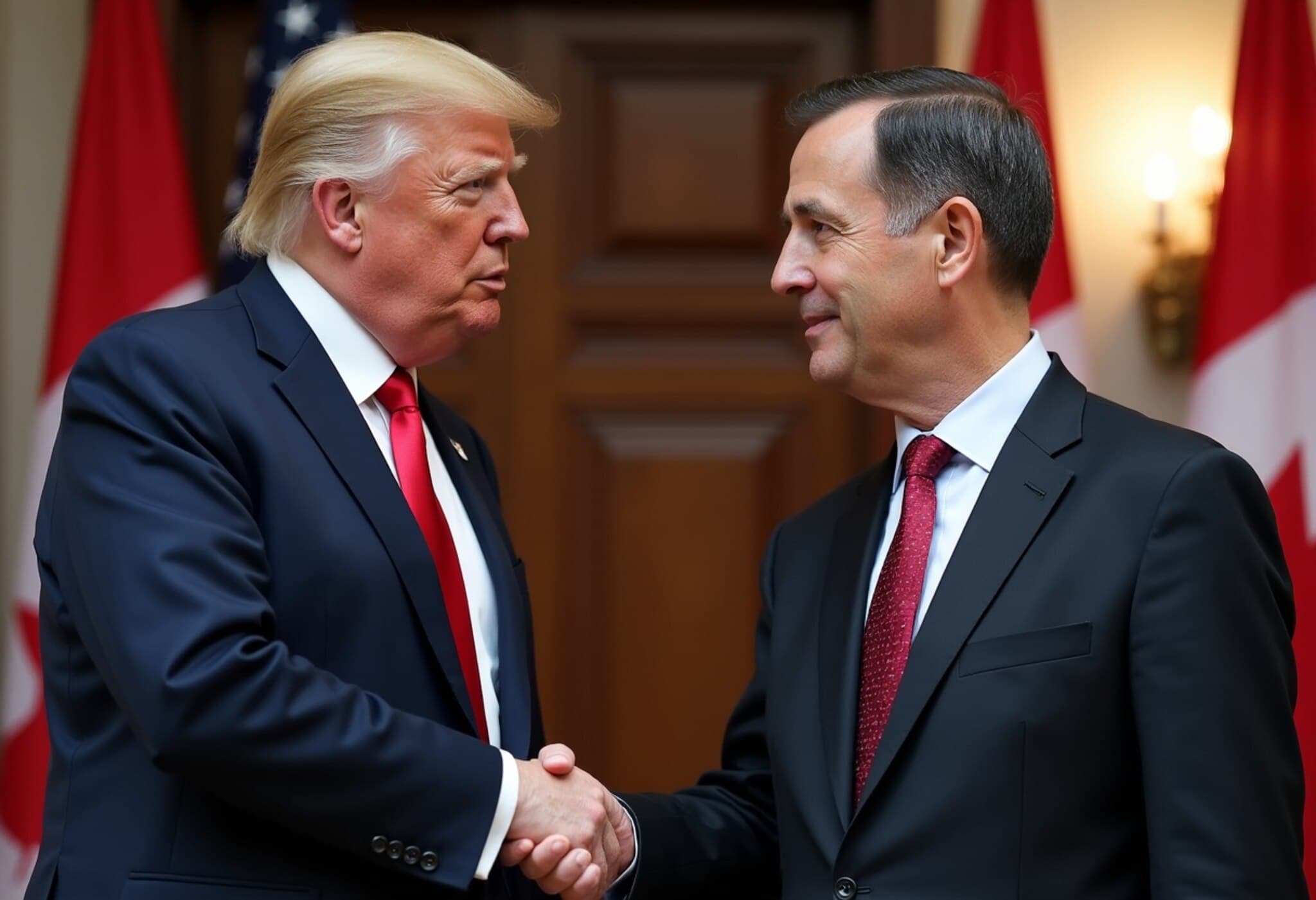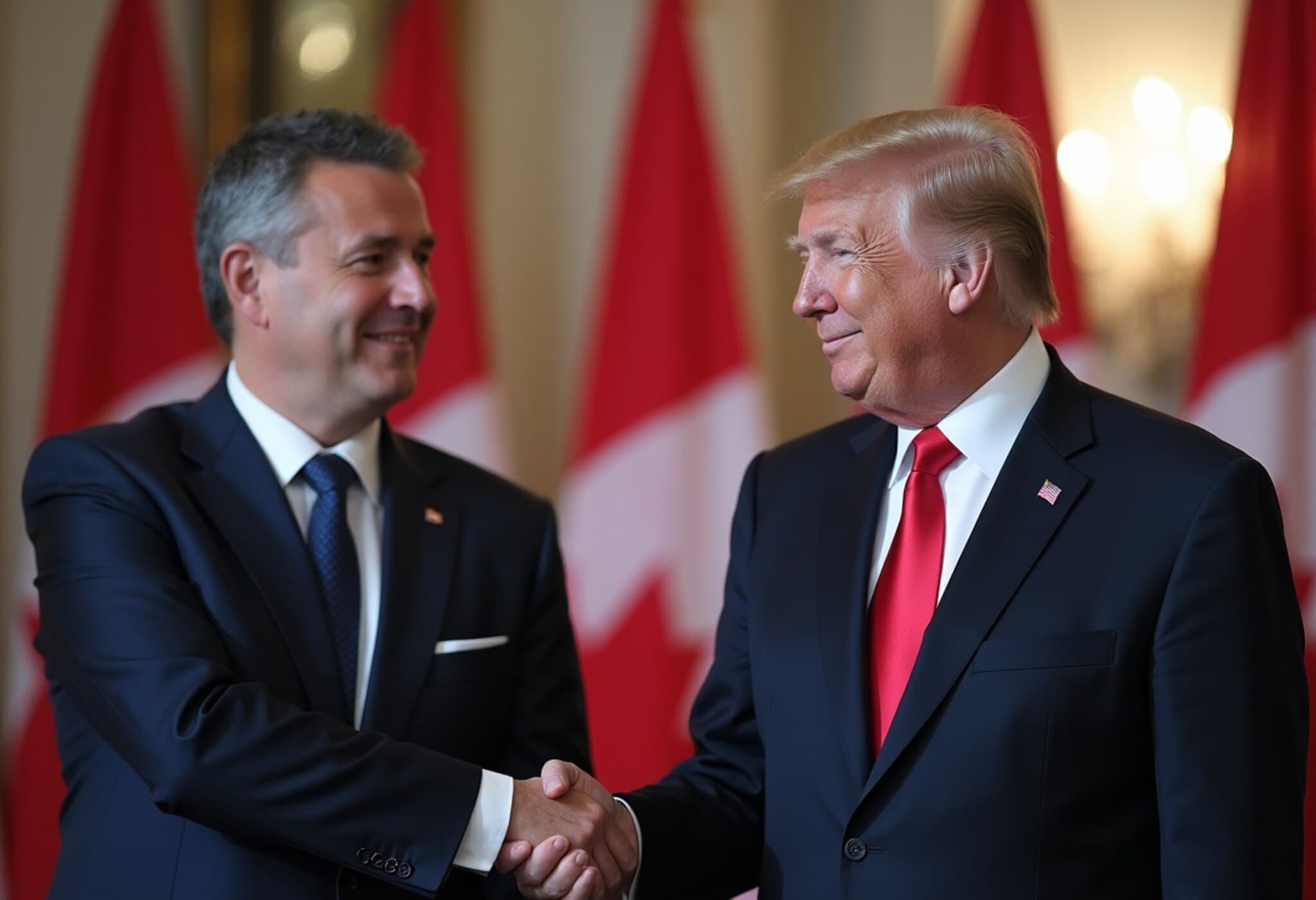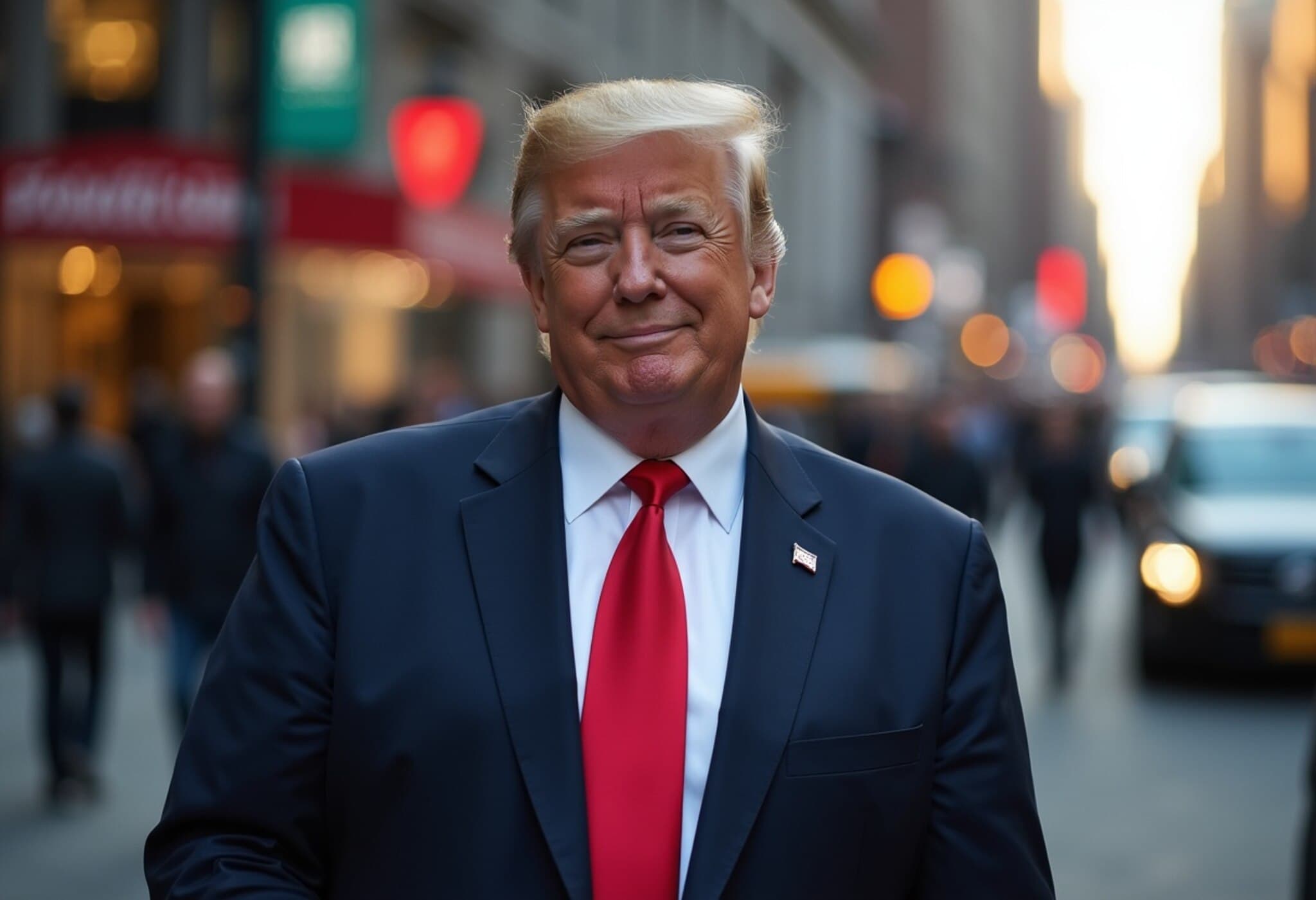Swiss Stocks Climb as Leaders Rush to U.S. for Crucial Trade Negotiations
Swiss stocks have rebounded strongly after initial losses, as investors respond to ongoing trade tensions and the Swiss government’s swift diplomatic engagement with the United States. The Swiss Market Index (SMI) surged by 0.63% trading higher in London, reflecting market optimism that a last-minute resolution to looming tariffs might be possible.
Trump’s Shock Threat of 39% Tariffs Against Switzerland
In a recent interview on CNBC's "Squawk Box," former U.S. President Donald Trump revealed details of tough trade discussions with Swiss officials, including a surprising threat to impose tariffs as high as 39% on Swiss goods entering the U.S. market. Trump criticized the Swiss demand for a mere 1% tariff on imports into Switzerland, calling it insufficient given America’s substantial trade deficit with Switzerland, which stood at $38.3 billion in 2024.
"I said, we have a $41 billion deficit, and you want to pay 1% tariff? She wanted 1%. I said, you're not going to pay 1%. We lose because I view deficit [as] lost," Trump said, referring to Swiss President Karin Keller-Sutter’s refusal to address U.S. concerns adequately.
The announcement sent shockwaves across Swiss markets, with many Swiss media and policymakers expressing surprise since earlier indications suggested Switzerland was negotiating a tariff deal within a 10-15% range, similar to agreements France and Germany had reached with the U.S.
In response, Swiss President Keller-Sutter and Vice President Guy Parmelin promptly announced a flight to Washington, aiming to conduct urgent talks with U.S. officials to de-escalate tariff threats and find a mutually acceptable resolution.
Understanding the Stakes: The Broader Implications for U.S.-Europe Trade Relations
The Swiss dispute signals deeper tensions in transatlantic trade relations, where past agreements have sometimes been fragile.
- Trump's categorization of the EU’s $600 billion investment pledge as a "gift" underscores the critical leverage investment commitments have in shaping tariff policies.
- The U.S.-EU trade deal included investment pledges aimed at lowering tariffs, but Trump warned that failure to achieve investment targets could lead to steep tariff hikes, potentially reaching 35%.
- The pharmaceutical sector, crucial to both Europe and the U.S., appears particularly vulnerable. Despite threats of tariffs reaching 250% on certain drug imports, investors remain largely unfazed, anticipating that diplomacy will prevail.
Experts warn this tariff brinkmanship could disrupt global supply chains, increase costs for consumers and businesses, and exacerbate political tensions.
Expert Insights: Economic and Policy Perspectives
Trade analyst Dr. Elise Morgan comments, "The Swiss tariff episode highlights the fragile balance in U.S.-European economic relations. Tariffs of this magnitude, if enacted, could push corporations to rethink supply chain geographies and investment strategies, particularly in key sectors like pharmaceuticals and advanced manufacturing. It also raises questions about the effectiveness of bilateral negotiations in a highly interconnected global economy."
European Market Highlights Amid Trade Uncertainty
While the Swiss market digests the tariff turmoil, other European stocks showed resilience.
- Germany’s DAX rose by 0.78%, supported by strong earnings reports.
- European chipmaker Infineon saw a 5% share jump after its CFO reported that tariff impacts were less severe than initially feared.
- British drinks giant Diageo reported solid earnings, raising cost-saving targets despite a projected $200 million hit from tariffs, yet shares climbed nearly 7%.
- BP beat second-quarter profit expectations, signaling improved fundamentals amid volatile oil markets.
Earnings Focus
Investors will watch upcoming quarterly results from European industrial and energy firms as well as Saudi Aramco, with analysts eager to gauge the broader economic impact of ongoing trade friction and currency fluctuations such as the appreciating euro.
Looking Ahead: What Should Stakeholders Watch?
With Swiss leaders now in Washington, the next few days could determine the trajectory of one of Europe's most stable trade relationships with the U.S. Key questions remain:
- Will Switzerland concede to higher tariffs, or can a balanced compromise be brokered to avoid economic fallout?
- How will other countries respond if the U.S. expands its tariff approach beyond the current EU and Swiss frameworks?
- What long-term impacts might these tariff disputes have on global supply chains, investment flows, and consumer prices?
Editor’s Note
The recent escalation in U.S. tariff threats against Switzerland reflects a broader challenge facing global trade – balancing national economic interests with the benefits of open markets. While tariffs are wielded as negotiation tools, their unintended consequences can ripple across industries, investment decisions, and ultimately, everyday consumers.
For American businesses and policymakers, this episode underscores the need for diplomatic agility and clear communication with trade partners. It also raises important questions about the future of tariffs as instruments in trade policy, especially in an era where supply chains are increasingly global and interdependent.
As negotiations unfold, both sides confront the possibility that missteps could undermine years of economic cooperation. Investors and consumers alike will benefit from following these developments closely, as the stakes extend far beyond bilateral trade balances into the heart of international economic stability.

